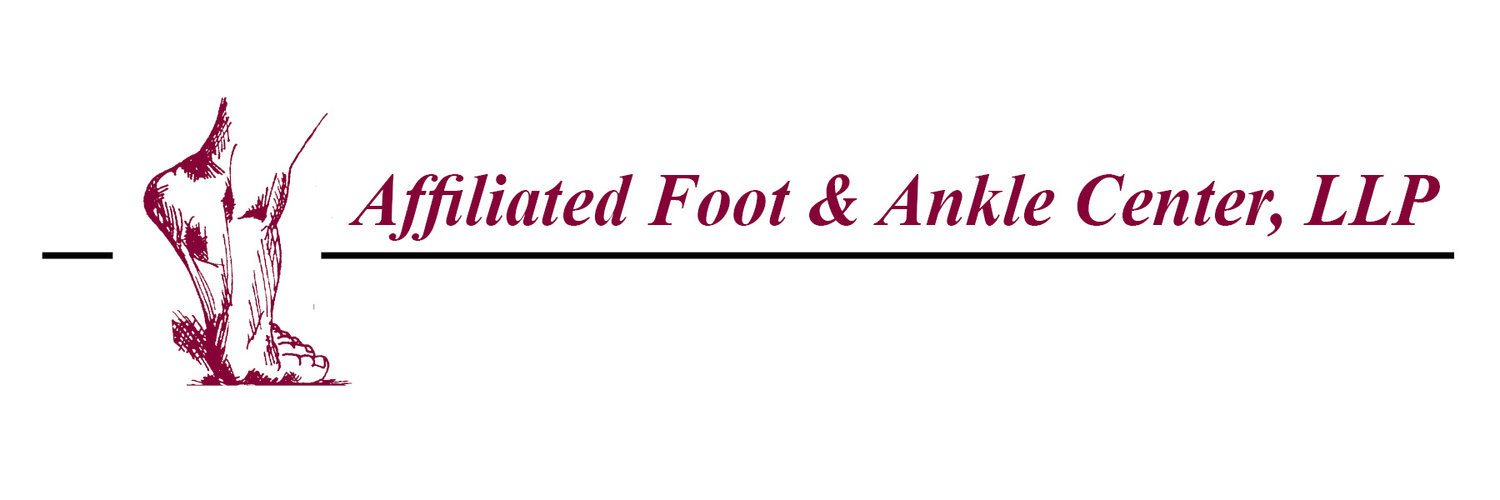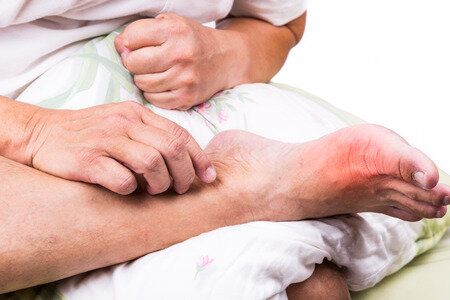3 Ways To Prevent a Gout Attack
/It’s helpful to understand gout if you first understand what uric acid is. Uric acid is a waste product found in every human body. Foods that contain high levels of purines are broken down into uric acid which gets eliminated from the body through your kidneys. However, there are times when your kidneys can’t keep up with the levels of uric acid in your bloodstream.
When uric acid isn’t eliminated properly, it tends to crystallize in your joints. That’s gout. Although it technically can happen to any joint, the big toe is often where the shard-like crystals land. Symptoms of gout include sudden redness, swelling, warmth, tenderness, and extreme pain in your big toe.
Some people experience a sudden gout attack (a “flare” or “flare-up”) as a result of a purine overload - that is, a particularly heavy episode of eating or drinking. A flare-up is intense but short-lived. Symptoms dissipate after a few days. While gout may never be a problem again, it’s more common that one gout attack leads to another: 60% of gout sufferers will experience another attack within one year.
There are three fundamental keys to preventing a gout attack:
Watch your diet. Keep your uric acid levels in check by not overindulging in foods that are high in purines. These include red meat, shellfish, and alcohol. Also, avoid foods and drinks that contain high-fructose corn syrup, an ingredient that raises uric acid levels.
Drink lots of water to help your kidneys flush out waste.
Take medications as prescribed to lower uric acid levels.
Even with these precautions, some people will continue to suffer from gout. Treat it seriously to avoid permanent damage to your big toe or other joints. Have your uric acid level checked periodically with a simple blood test. And visit Monmouth County podiatrists Dr. Samantha Boyd, Dr. Hal Ornstein, Dr. Dan Phan, and Dr. Joseph Saka for fast, caring treatment of a gout attack. Call Affiliated Foot & Ankle Center at (732) 905-1110 or contact us online for an appointment in Howell or Jackson, New Jersey.


